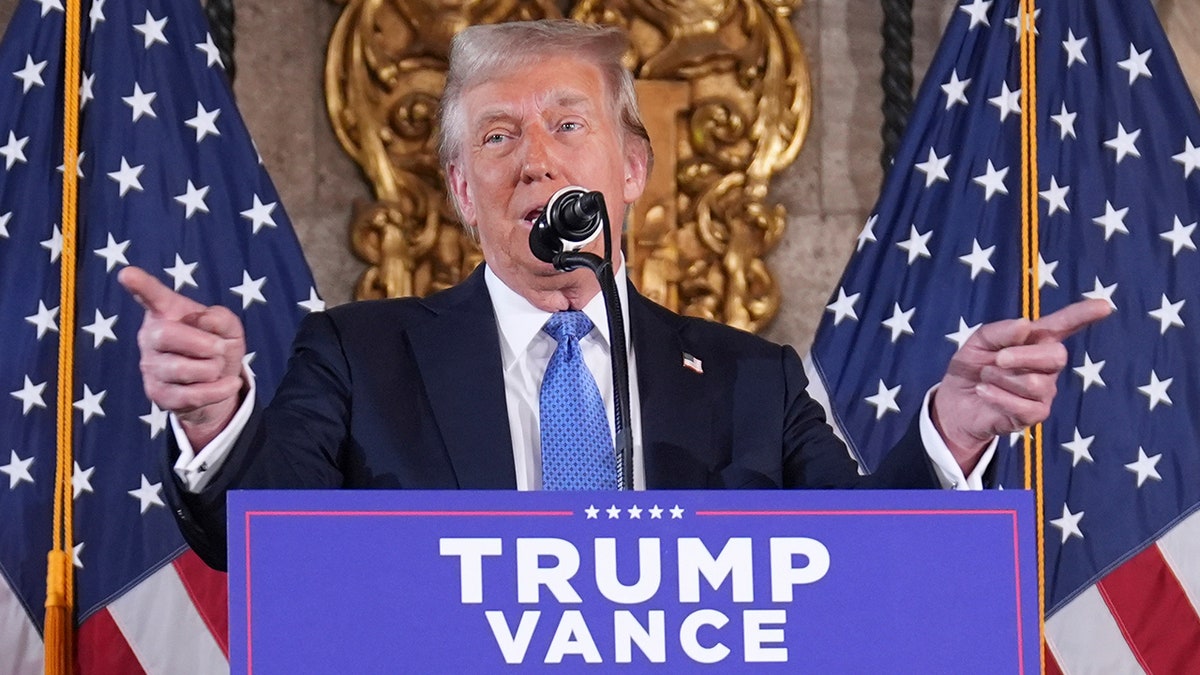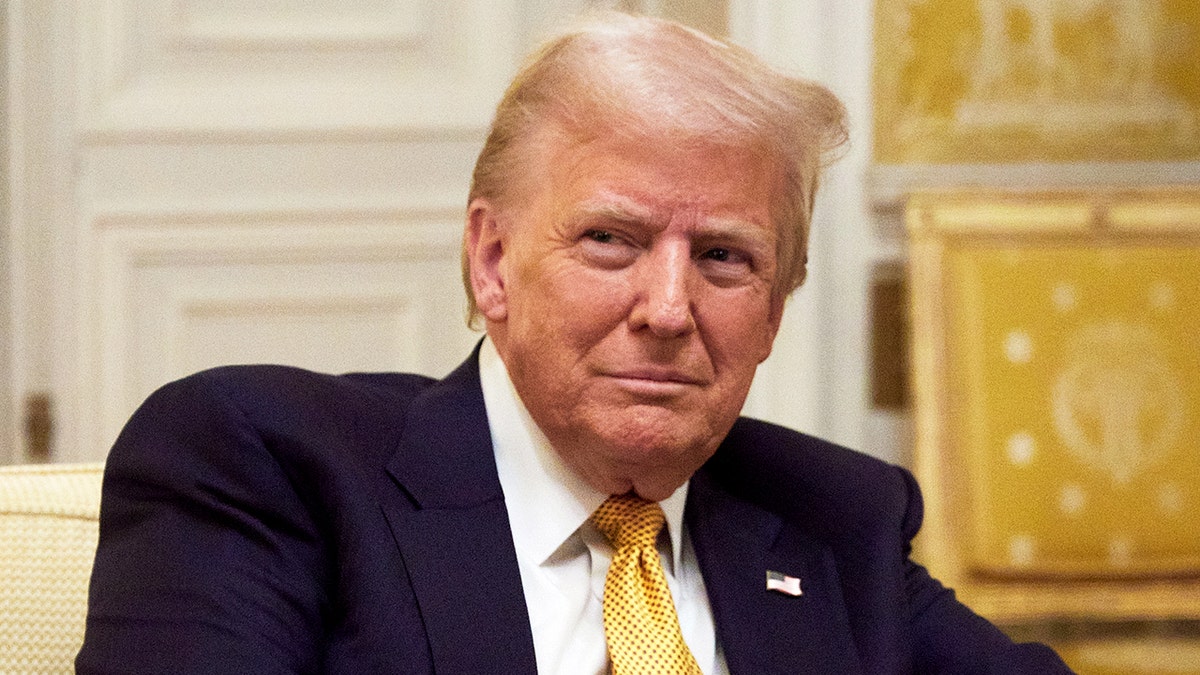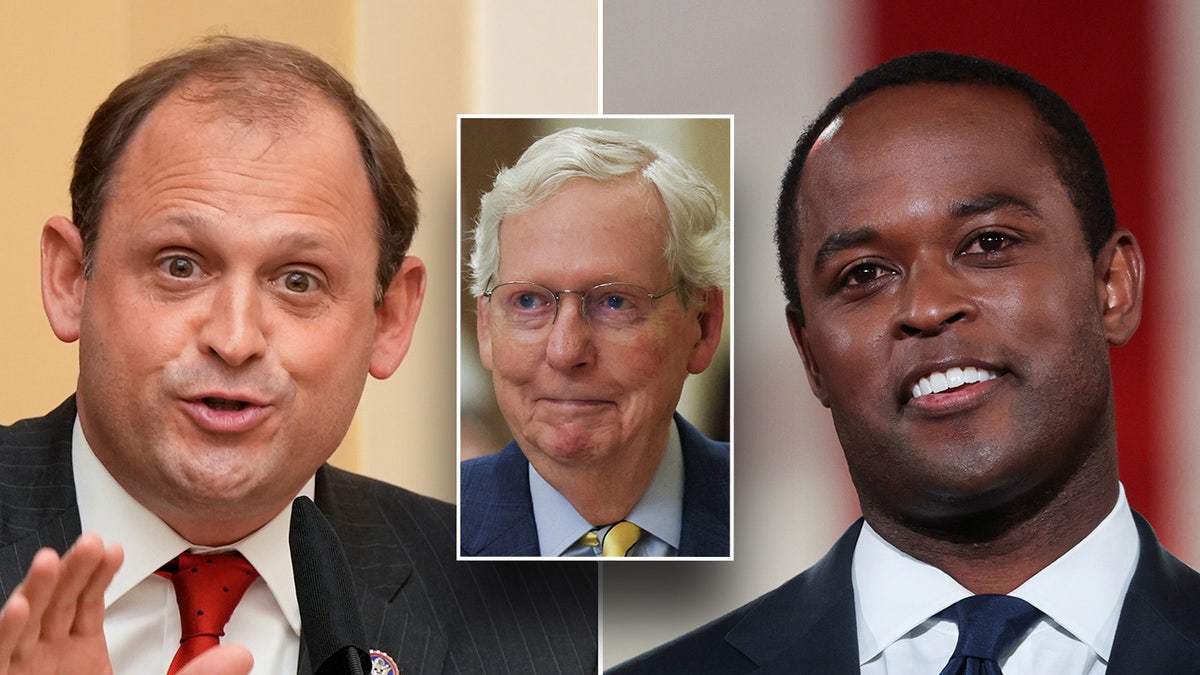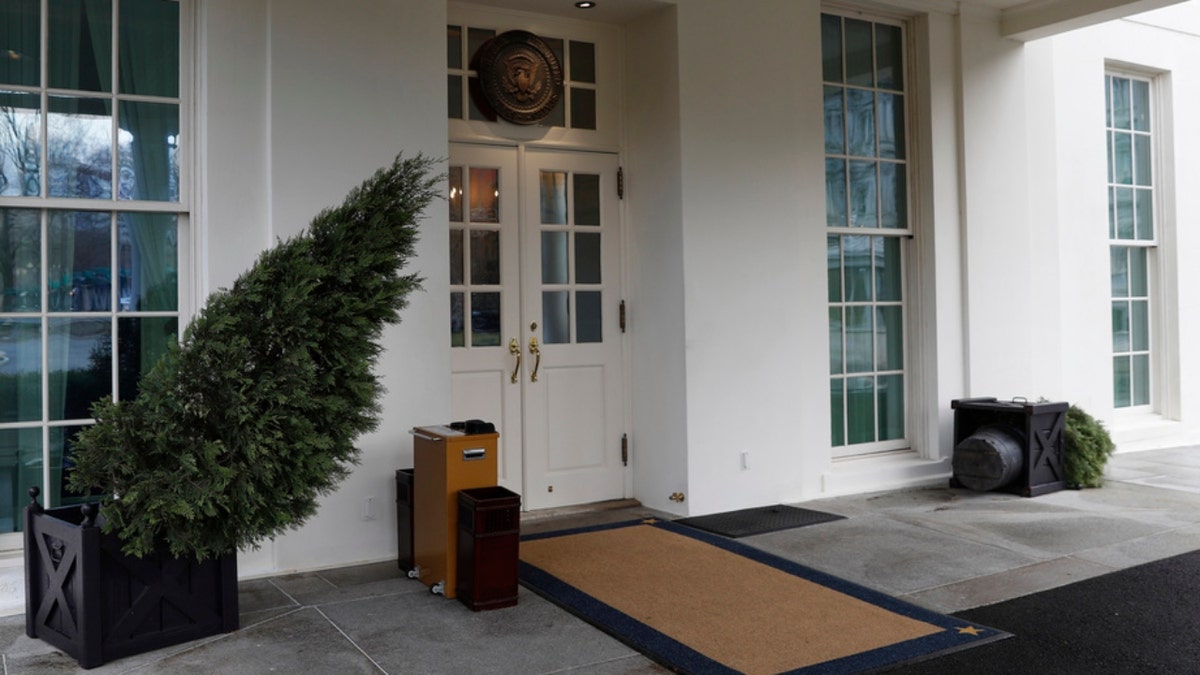A recent Monmouth University poll indicates a surge in American optimism regarding President-elect Donald Trump's upcoming second term. 53% of those surveyed expressed optimism, a slight increase from the 50% recorded before his first term. This positive sentiment is widespread, with the exception of Democrats, whose optimism has dipped to 10%.
Patrick Murray, director of the Monmouth University Polling Institute, acknowledged the evident partisan divide but emphasized the importance of assessing the impact of Trump's policies on American families, particularly those who supported him in 2024.
The poll also shed light on public opinion regarding specific policies. Trump's tariff agenda appears to be the least popular, with 47% of respondents anticipating negative consequences for their families. Conversely, his proposal to eliminate income tax on certain wages garnered significant support, with 48% believing it would benefit their families.

Conducted between December 5th and 10th, the poll involved phone and online interviews with 1,006 U.S. adults, with a margin of error of 3.9%.
As Trump prepares for his second inauguration, he has initiated legal action against the Des Moines Register and pollster Ann Selzer, alleging "brazen election interference" and fraud related to a pre-election poll that showed Kamala Harris leading in Iowa, a state Trump ultimately won by a substantial margin.

The lawsuit, filed in Polk County, Iowa, under the Iowa Consumer Fraud Act, targets the Des Moines Register, Selzer, and Gannett, the Register's parent company. It claims the poll was manipulated to favor Harris and influence the election outcome.

Trump's legal team contends that the poll's significant deviation from the actual election results was a deliberate attempt to sway public opinion, not a simple error. The lawsuit highlights Selzer's subsequent retirement from polling, framing it as a consequence of the alleged manipulation.








